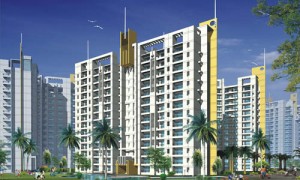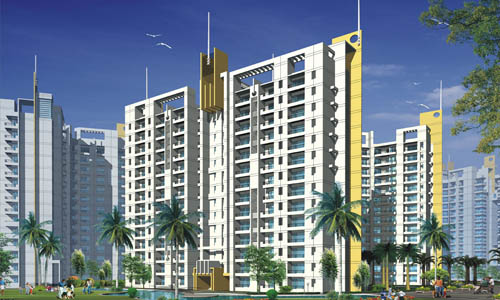 Track2Realty: Lack of infrastructure in Ghaziabad has forced common residents to file PIL against new housing projects. Residents of a housing society in Ghaziabad have approached the Allahabad High Court seeking a clampdown on the Ghaziabad Development Authority (GDA) from approving any new residential project till civic infrastructure works in the city are upgraded to meet the requirements of the population.
Track2Realty: Lack of infrastructure in Ghaziabad has forced common residents to file PIL against new housing projects. Residents of a housing society in Ghaziabad have approached the Allahabad High Court seeking a clampdown on the Ghaziabad Development Authority (GDA) from approving any new residential project till civic infrastructure works in the city are upgraded to meet the requirements of the population.
Through a supplementary affidavit to a PIL filed in the High Court to ensure proper implementation of UP Apartments Act, 2010, a demand has also been raised for a CAG audit on the utilization of revenues realized by the Authority since 1999 from proceeds of sale of increased floor area ratio (FAR) in existing projects.
Residents have argued that while population has increased at a brisk pace in Ghaziabad following the large number of housing projects which have sprung up over the past several years, the GDA has not ensured commensurate development of civic amenities, including roads, sewer lines, water supply, electricity, solid waste disposal, etc.
“With population increase, existing infrastructure has come under a lot of strain. We have appealed to HC to pass directions that the development authority upgrade these works in a time-bound manner,” said petitioner Alok Kumar, resident of a housing society in Indirapuram.
It has been argued that indiscriminate allotment of purchasable or additional FAR has compromised safety because existing projects have been altered to increase housing units and towers by developers.
“Layout plans of existing projects are tweaked without taking RWA members into confidence, in violation of the apartments Act,” added Kumar. Through a notification dated March 9, 1999, the UP government, acting on its policy of promoting vertical growth, had mandated that development authorities divert 90% of proceeds from selling FAR to a ‘special fund’, which was to be used solely for developing civic works.





